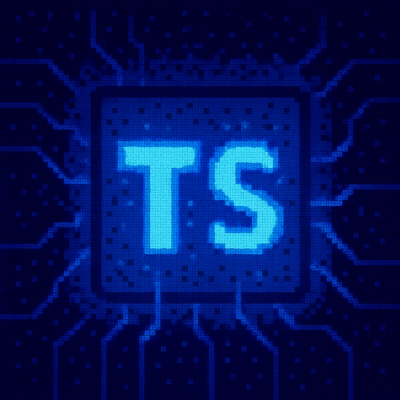
Security News
Critical Security Vulnerability in React Server Components
React disclosed a CVSS 10.0 RCE in React Server Components and is advising users to upgrade affected packages and frameworks to patched versions now.
jtrupiano-timecop
Advanced tools
= timecop
== DESCRIPTION
A gem providing "time travel" and "time freezing" capabilities, making it dead simple to test time-dependent code. It provides a unified method to mock Time.now, Date.today, and DateTime.now in a single call.
== FEATURES
== USAGE
Run a time-sensitive test
joe = User.find(1) joe.purchase_home() assert !joe.mortgage_due?
Timecop.freeze(Date.today + 30) do assert joe.mortgage_due? end
Set the time for the test environment of a rails app -- this is particularly helpful if your whole application is time-sensitive. It allows you to build your test data at a single point in time, and to move in/out of that time as appropriate (within your tests)
in config/environments/test.rb
config.after_initialize do # Set Time.now to September 1, 2008 10:05:00 AM (at this instant), but allow it to move forward t = Time.local(2008, 9, 1, 10, 5, 0) Timecop.travel(t) end
=== The difference between Timecop.freeze and Timecop.travel
#freeze is used to statically mock the concept of now. As your program executes, Time.now will not change unless you make subsequent calls into the Timecop API. #travel, on the other hand, computes an offset between what we currently think Time.now is (recall that we support nested traveling) and the time passed in. It uses this offset to simulate the passage of time. To demonstrate, consider the following code snippets:
new_time = Time.local(2008, 9, 1, 12, 0, 0) Timecop.freeze(new_time) sleep(10) new_time == Time.now # ==> true
Timecop.return # "turn off" Timecop Timecop.travel(new_time) sleep(10) new_time == Time.now # ==> false
== DEPENDENCIES
== INSTALL
== REFERENCES
FAQs
Unknown package
We found that jtrupiano-timecop demonstrated a not healthy version release cadence and project activity because the last version was released a year ago. It has 1 open source maintainer collaborating on the project.
Did you know?

Socket for GitHub automatically highlights issues in each pull request and monitors the health of all your open source dependencies. Discover the contents of your packages and block harmful activity before you install or update your dependencies.

Security News
React disclosed a CVSS 10.0 RCE in React Server Components and is advising users to upgrade affected packages and frameworks to patched versions now.

Research
/Security News
We spotted a wave of auto-generated “elf-*” npm packages published every two minutes from new accounts, with simple malware variants and early takedowns underway.

Security News
TypeScript 6.0 will be the last JavaScript-based major release, as the project shifts to the TypeScript 7 native toolchain with major build speedups.